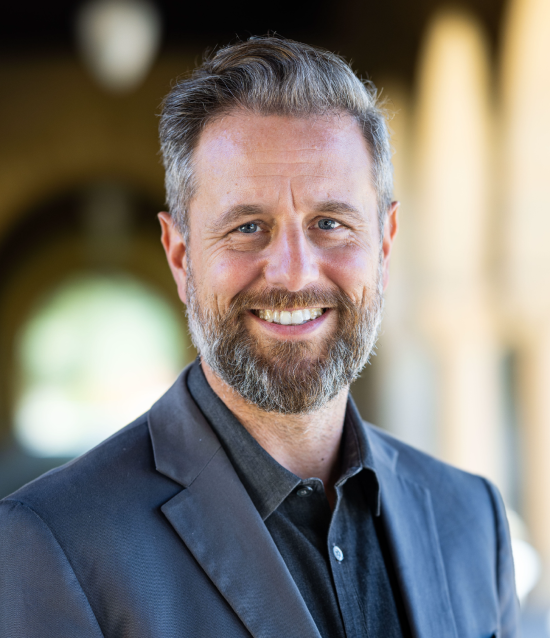The Truth Bias vs. Misinformation: Exposure, Effects and Interventions
Jeff Hancock
Co-sponsored by the Goldman School of Public Policy
What can we learn about misinformation from decades of research on the psychology of deception detection?
In this talk I’ll lay out the state of the art in deception research and then apply some of these findings to what we know about misinformation and how it operates. I’ll describe new studies that map out the exposure of Americans to misinformation in the 2020 Presidential election and how particular groups of people were targeted and how misinformation had an effect on false beliefs about the election, all in line with predictions from deception research. I’ll also raise a core concern I have that all of our public discourse around misinformation may be undermining our default truth bias in credible news, and I propose several solutions for overcoming this “boy who cried wolf” problem, including digital media literacy interventions targeted at those that need them most.
Jeff Hancock is founding director of the Stanford Social Media Lab and is a professor in the Department of Communication at Stanford University. Professor Hancock and his group work on understanding psychological and interpersonal processes in social media. The team specializes in using computational linguistics and experiments to understand how the words we use can reveal psychological and social dynamics, such as deception and trust, emotional dynamics, intimacy and relationships, and social support. Recently Professor Hancock has begun work on understanding the mental models people have about algorithms in social media, as well as working on the ethical issues associated with computational social science.
Professor Hancock is well-known for his research on how people use deception with technology, from sending texts and emails to detecting fake online reviews. His TED Talk on deception has been seen over 1 million times and he’s been featured as a guest on “CBS This Morning” for his expertise on social media. His research has been published in over 80 journal articles and conference proceedings and has been supported by funding from the U.S. National Science Foundation and the U.S. Department of Defense. His work on lying and technology has been frequently featured in the popular press, including the New York Times, CNN, NPR, CBS and the BBC.











